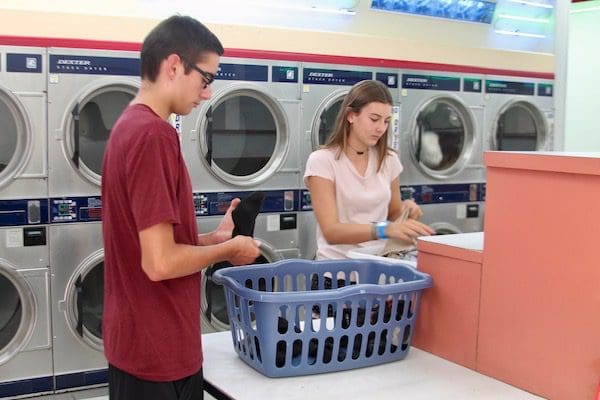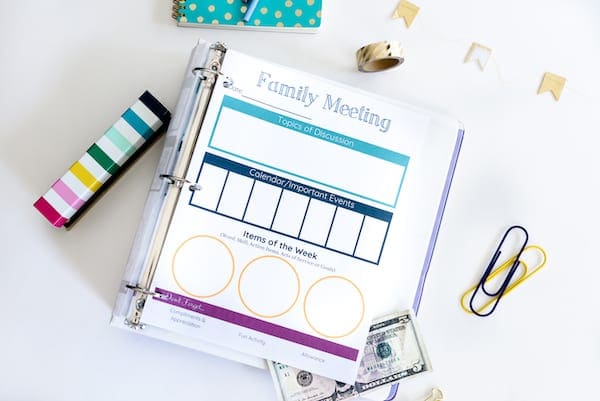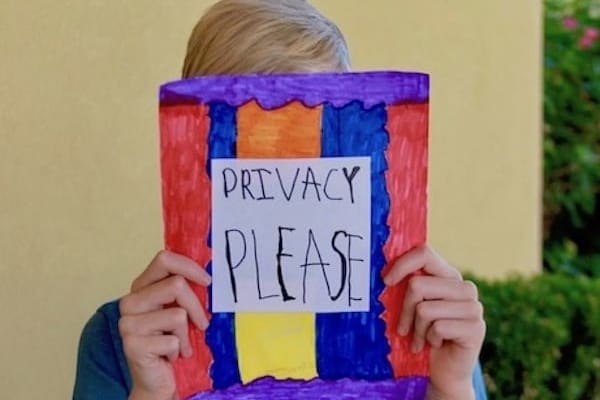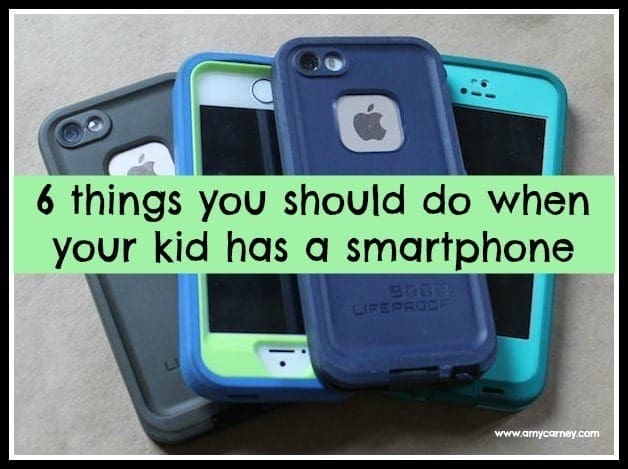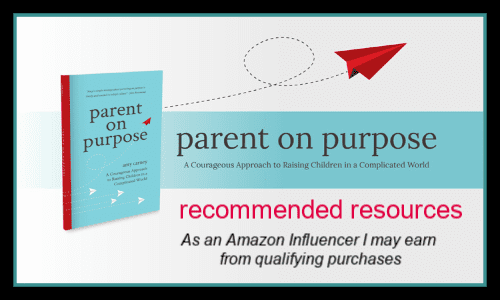We’re headed off on a week-long family trip, and in our excitement, we post pictures on Facebook of our departure from the country.
Our son receives a prestigious award at school, so we proudly post him holding his certificate on Instagram. #proudmom
It’s our daughter’s birthday, so we lovingly celebrate her by sharing a collage of pictures throughout her life even though she’s not even on the social platform.
Yes, we are proud of our offspring.
Of course, we want to share our child’s cute face and shining moments for friends and family to see.
Naturally, we’re excited to head off on that much-awaited family vacation.
But, should we be sharing our kids’ images and our precious family moments online?
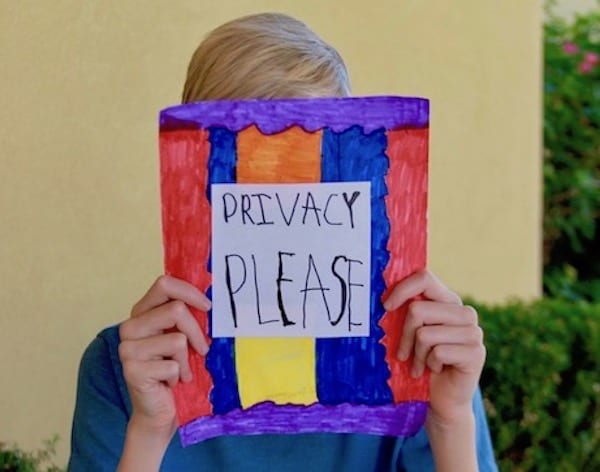
With June being Internet Safety Month, it made me think about my ‘sharenting’ habits and question if it’s a problem posting all that we are on our social feeds?
Are there risks to our ‘sharenting’?
Dr. Lisa Strohman, Psychologist and Founder of Digital Citizen Academy, says absolutely and it’s why she doesn’t do it. She is a mother of two tweens who you won’t see anywhere on her social media feeds. She and her husband purposely keep their children offline.
“Neither one of us post anything about kids on social media,” says Strohman. “I’m really specific what I allow to be tagged as well. It’s not my right to post on my child’s behalf when it’s not their choice.”
Where do we draw the line between our freedom as a parent to post and a child’s right to privacy?
“I am a full believer that kids should come into adulthood with as little digital footprints as they possibly can,” says Dr. Strohman. “As a parent, I feel it isn’t our place to ‘brand’ them at a place in time with something that could come back and haunt them later. I mean, who would want our hairstyle from the ’80s to show up in any searchable database?”
Why we may need to change our ‘sharenting’ habits
Parents need to understand that the choices they make today could impact their children ten years from now. “If I’m sharing something about my child that they did when they were seven, who is going to see that?” questions Dr. Strohman. “You have zero control if you post on social, where those images go.”

Podcaster and Writer, Meagan Francis witnessed this firsthand when someone lifted her photo from Facebook and turned it into a meme that quickly went viral. Having a stranger turn her difficult mom moment into a viral meme was never her intention when she originally posted her picture, yet it’s the reality that can happen to any of us who post our images and stories online.
Allow your child to create their own digital identity.
“I recommend that you don’t post about your kids. You are creating a digital footprint on behalf of them that they haven’t created themselves or wanted to,” says Strohman.
But, if you must post, think long and hard about what information you are putting online. What is the purpose of posting that image or story?
Most parents say they are posting on social media to keep families up to date with the latest photos of their kids. “The problem is when you do this publicly rather than in a file sharing program that doesn’t make it public like Dropbox or Google Drive, then you have no control over who will see them, rip the images, and use them in a way that you could be horrified to find out later,” says Dr. Strohman.
Put your child’s pictures back in the photo album where they belong.
Sharents need to mindfully print and preserve precious family photos instead of constantly posting them on the internet.
Rachel Musnicki spoke for many kids in her article in Your Teen Magazine, “We hate it when you tell our friends embarrassing stories in person; it’s worse when you post them on Facebook. Remember, nothing ever goes away on the Internet. We don’t want to be followed by that embarrassing nickname or baby picture on the Internet forever. I’d be mortified beyond belief if pictures of me with braces were on the Internet. Some images should remain hidden in a photo album.”
Consider removing images you’ve already posted of your child.
My daughter is embarrassed that when you google my name, a photo she doesn’t like comes up of her from five years ago on our RV sabbatical around the United States. At the moment she was okay with me posting the image, but five years later she wants it removed from cyberspace.
Fortunately, I know the owner of the podcast where it appears, and she agreed to take the image down. Other photos will remain online as they are attached to freelance articles that I’ve written, so they may unfortunately forever live on the web.
Make a conscious choice to find other ways to connect with family and friends.
When prom season rolled around, I had to refrain from adding my teens’ pictures to the feed. Several good friends asked to see photos, and I was able to share the images with only my closest family and friends.
My sons posted their prom pictures on their social media accounts, which is how it should be. We want to let our child create their digital footprint, instead of us building it for them.
What if we’re not ready to stop our ‘sharenting’?
What should we consciously do before we post our child’s images and information online?
3 Things You Should Never Post
1. Don’t post your travels in real time.
You should never post ahead of or during a vacation.
“You are absolutely inviting people to your home especially if you are listed on the state website listing homeownership,” says Dr. Strohman. A driver’s license or a travel itinerary shared online could be valuable information for identity thieves and burglars. At least wait until you are back before posting your memorable moments.
2. Don’t post celebratory birthday messages.
With just a name, date of birth, and address (easy enough to find in a geotagged birthday party photo on Facebook, for example), bad actors can store this information until a person turns 18 and then begin opening accounts.
“There is a lot of information people can pull from knowing your birthday,” says Strohman. “It takes away a huge unknown variable, for instance, if you are trying to steal someone’s identity.”
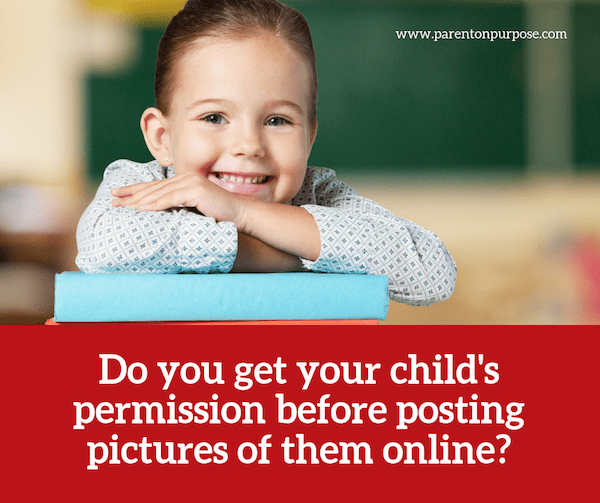
3. Don’t post images of your child that they didn’t approve.
Always ask your child permission to post their image online and then respect their wishes if they say no. Also, understand that even if your child says yes today, they may later be embarrassed or upset about that photo living online later.
Never tag your child or use their real name when posting their images either.
Remember that less is more when it comes to our ‘sharenting’. Let’s be more mindful about the risks and consequences of posting on our child’s behalf.
Have you experienced any issues from posting your child’s or family images online?




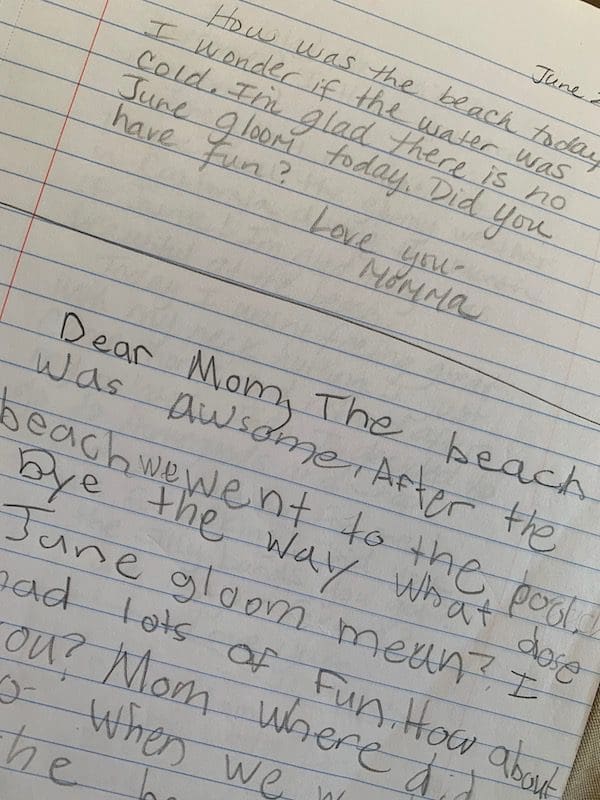

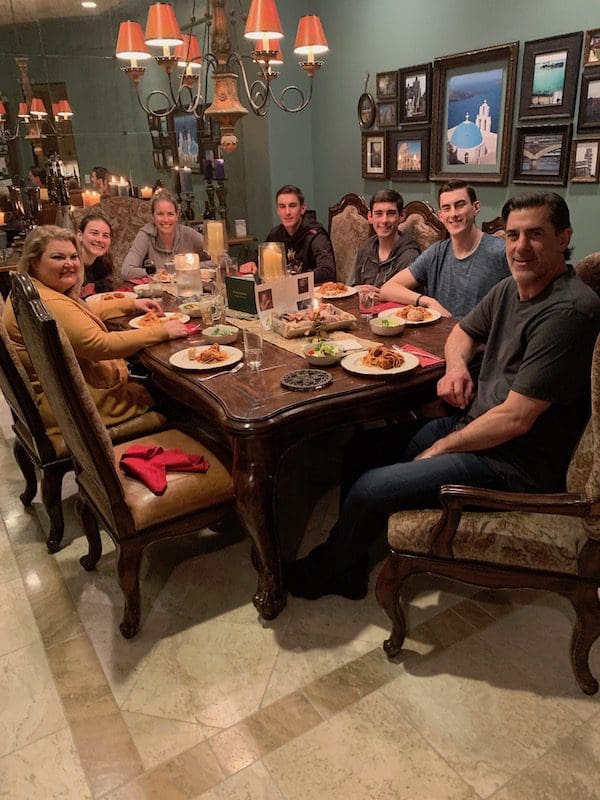

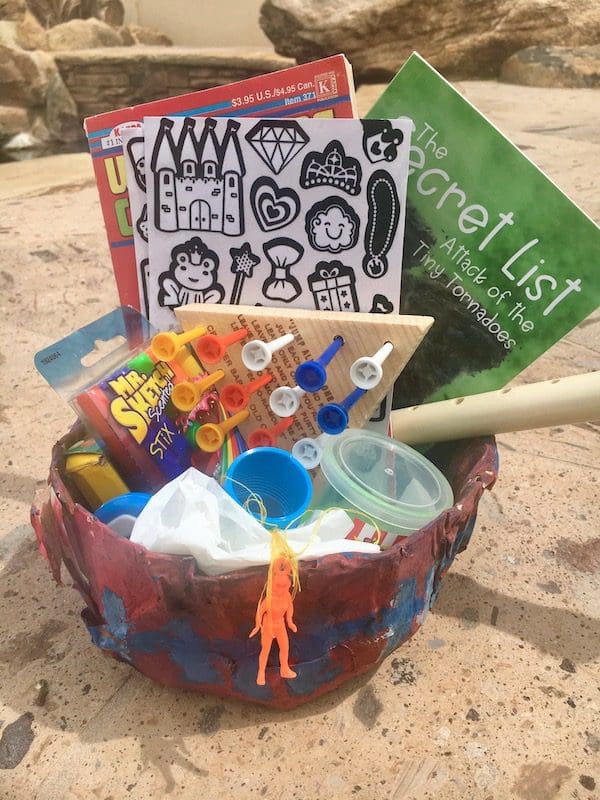


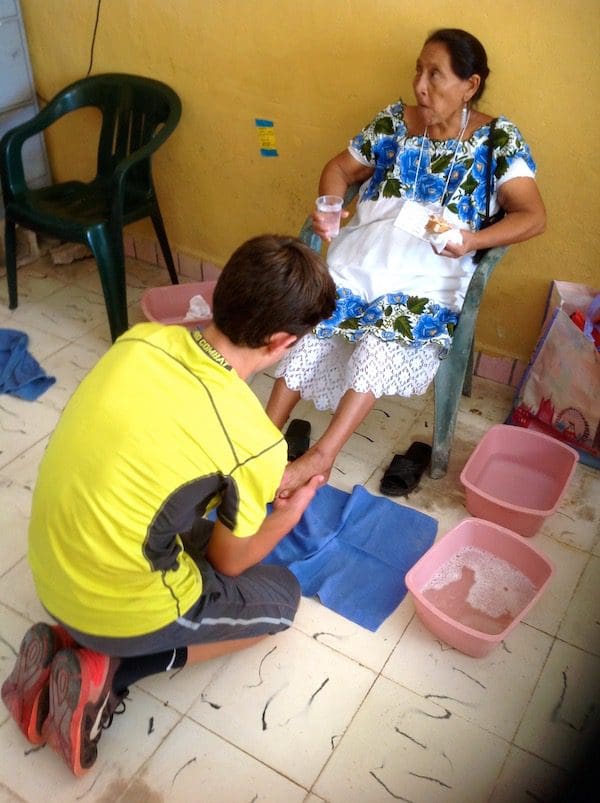 It’s great that this son of mine performed well in school and on his travel hockey team, but when I stop and define success for him as a man, it is not his high achievement or performance that matters. His loving heart, soul, and character will sustain him and develop him into a caring and loyal husband, father, and neighbor.
It’s great that this son of mine performed well in school and on his travel hockey team, but when I stop and define success for him as a man, it is not his high achievement or performance that matters. His loving heart, soul, and character will sustain him and develop him into a caring and loyal husband, father, and neighbor.